We all take it for granted that we need air to breathe and if the air were suddenly sucked out of the room, it would get our immediate attention.
Since the 1980s, democracy has been slowly sucked out of America and not drawing our immediate attention. Back then, there were 50 media companies, but now there are only 4 media conglomerates: Comcast Corporation, News Corp, The Walt Disney Company, and Time Warner. And, their ownership comes with stunning privileges.
One stunning privilege that is colossally powerful and sometimes dangerous to democracy is owning the power to control the message. In other words, deciding what may or may not be discussed on air. These decisions can lead to agenda-driven propaganda and outright censorship regarding any ownership’s subject of interest. There was a time when media ownership, whether it be television or radio, held the principle that an invisible firewall must be maintained between the owner’s opinions, the company’s advertisers, and the news. Back then, advertisers couldn’t talk to newscasters and vice versa for fear of being fired. Besides, the news was not required to make a profit knowing that money could corrupt the news.
It was long held that the news, being the vehicle for truth and essential for a healthy democracy, must be protected from an owner’s or advertiser’s opinion or agenda. This firewall safeguarded journalists, who were fact messengers, from pressures greater than themselves. It also safeguarded their jobs in the company thus protecting the news was sacrosanct.
But that firewall burnt down long ago. It was replaced by those who realized that owning media companies created money and power never seen before in modern history. Today, the primary purpose of the media is to maximize profits and then, secondarily, provide the news. For example, News Corp built media tentacles in three separate countries, Australia, Great Britain, and the US injecting, nationwide, one owner’s personal political influences while also creating for him lucrative commercial enterprises. This one man has sucked much of the air out of the room, and the other 3 conglomerates have inhaled nearly all the rest.
In Benton Harbor, Michigan, the governor, Rick Snyder, appointed an Emergency Manager, Joe Harris. Along with dissolving the democratically elected City Commission, he shut down the local community radio station. It was the only radio station in the city, and the commissioners were using it to explain to the citizen’s what was happening and that they had been deposed by a governor loyalist. Joe Harris said. “The city doesn’t need a radio station. Who else has a radio station?” As Chris Savage stated in his blog, Eclectablog: “Yeah, I suppose when residents don’t have local democracy, having access to more information is probably not necessary either, eh, Mr. Harris?”
Community radio is the most democratic communication medium in the country. Community radio stations are nonprofit organizations and cannot be owned by one man or a corporation. Community radio is where you can hear both conventional and unconventional voices, unrestrained by corporate advertisers and any isms of establishment media owners. They are volunteer-based and offers direct access to citizen participation. Its contribution to the community is providing a public platform for the democratic airingof multiple voices and perspectives free from advertising and ownership pressures. If Tip O’Neill, former Speaker of the House of Representatives, was right that “all politics is local” then community radio is the “air of democracy.” Listen to KSQD 90.7FM to breathe the local air of democracy.
The Power of One Voice
If one voice can change a room;
Then it can change a City.
If it can change a City;
Then it can change a State.
If it can change a State;
Then it can change a Nation.
If it can change a Nation;
Then it can change the World.

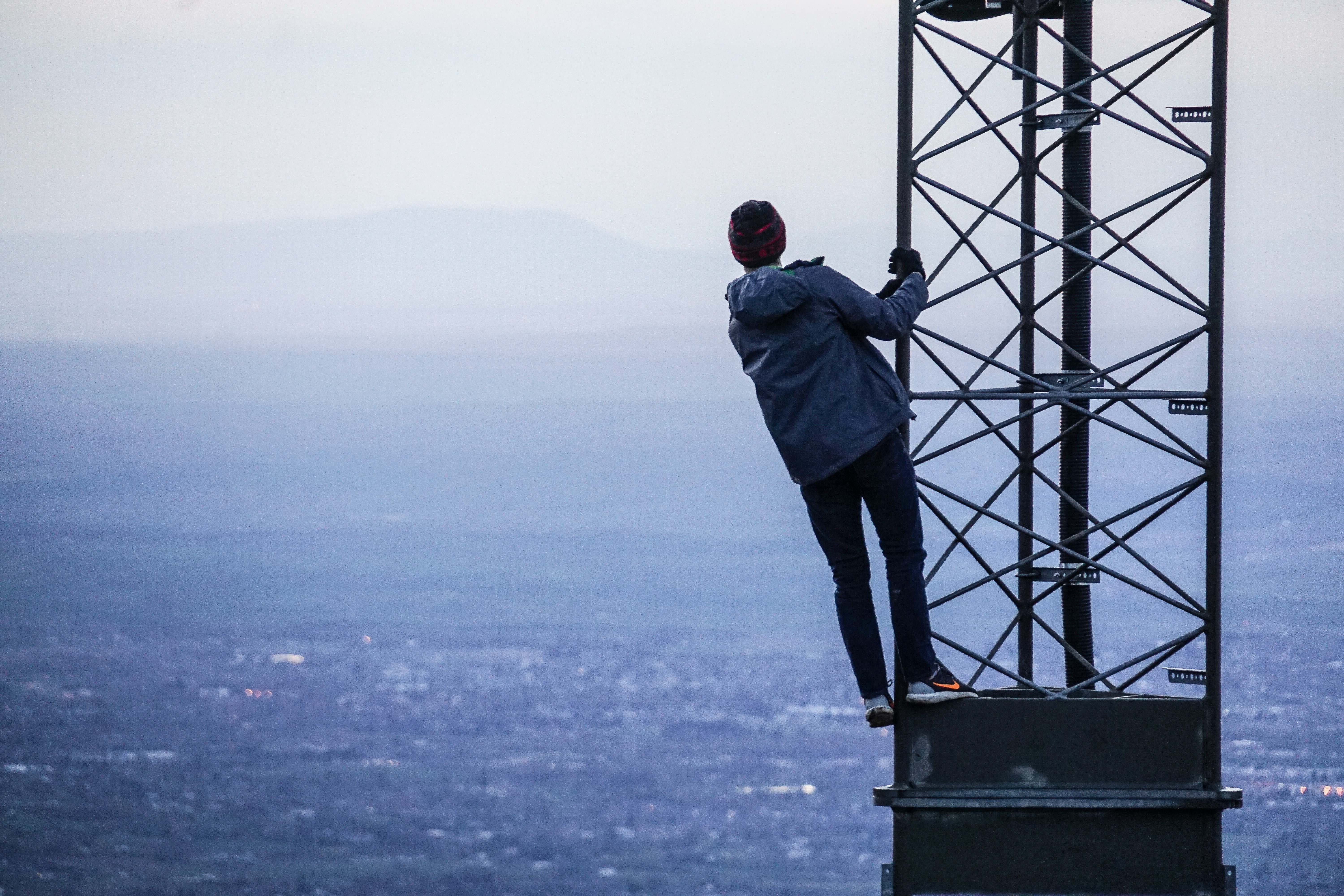
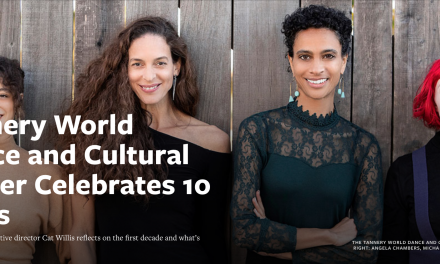


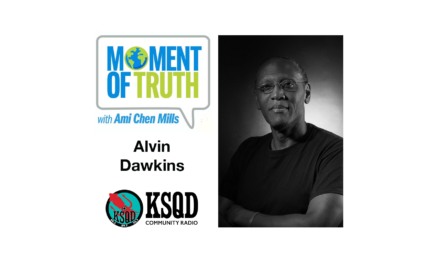
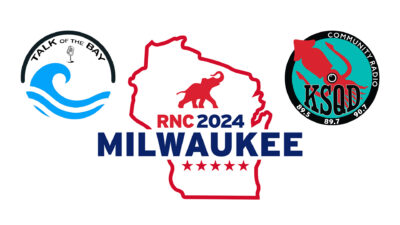
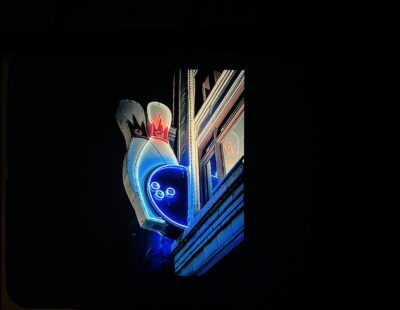

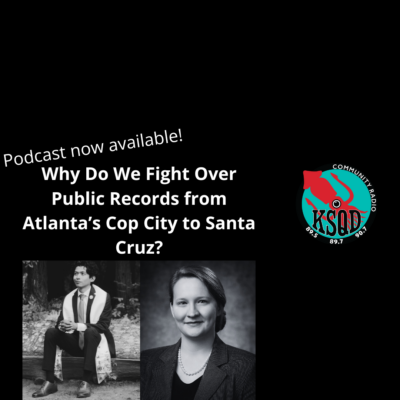
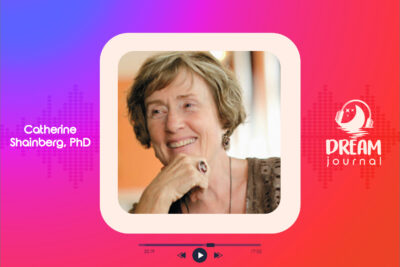
As Jill so eloquently portrays, community radio is the last bastion of a free press, free speech and freedom of expression. I commend her and all at KSQD for their courageous efforts to bring democracy back to the airwaves.